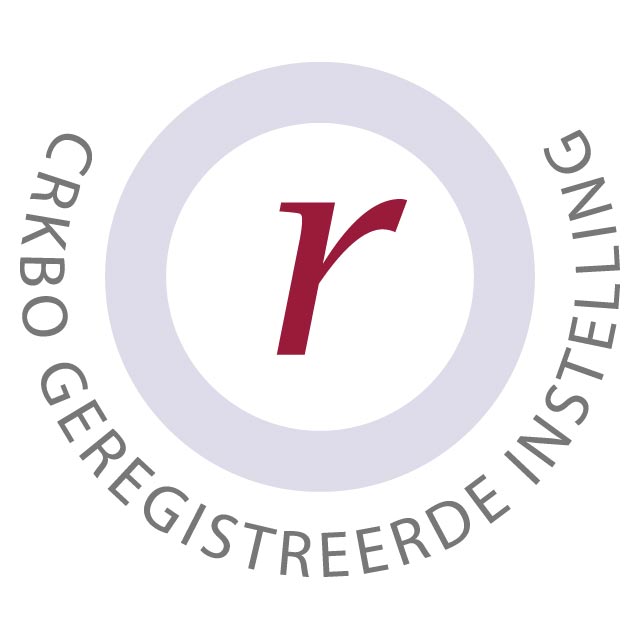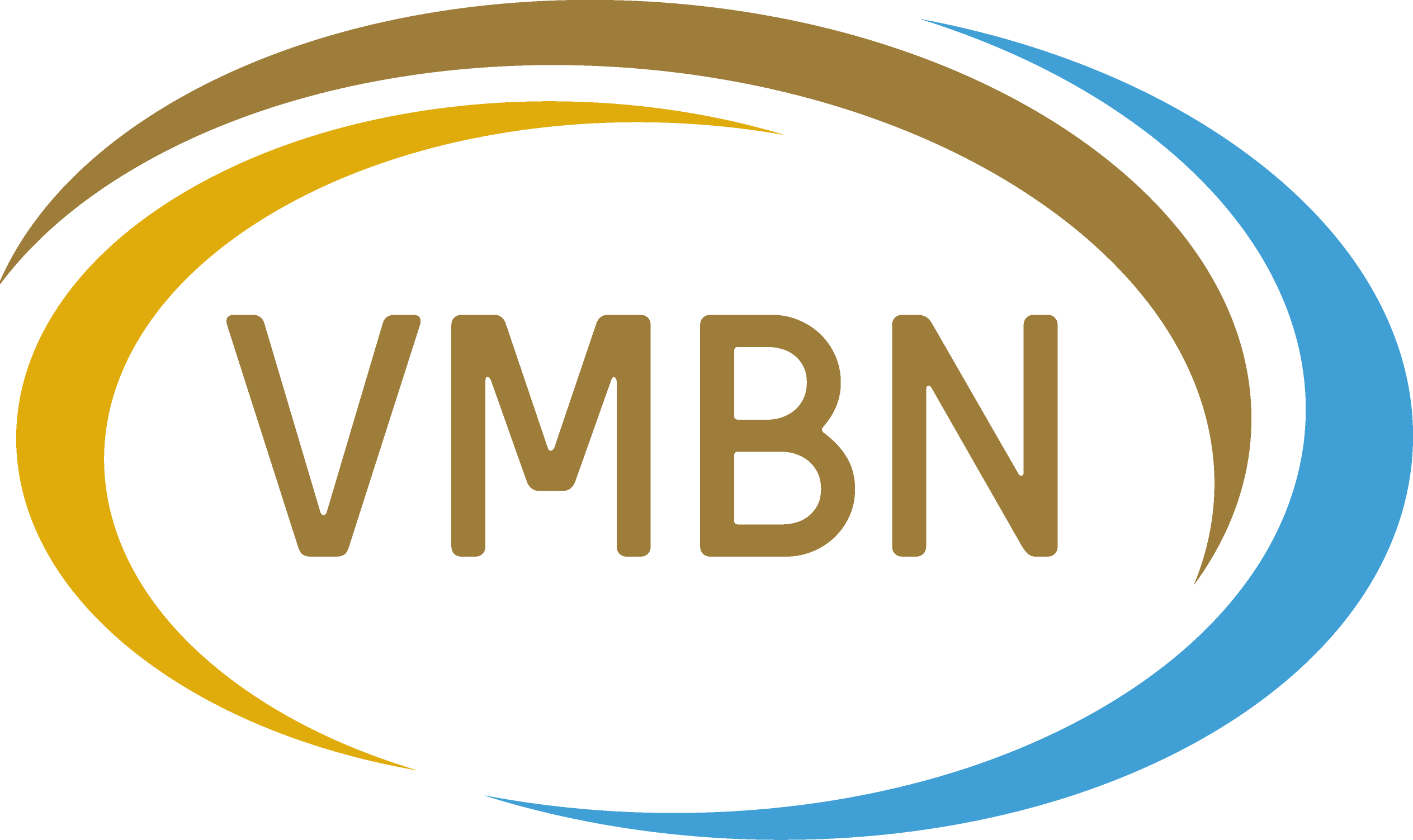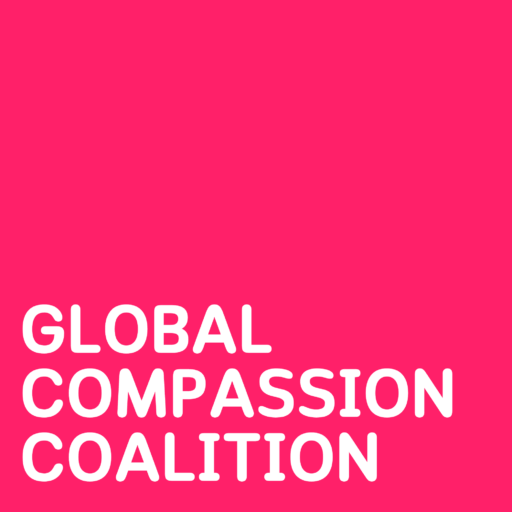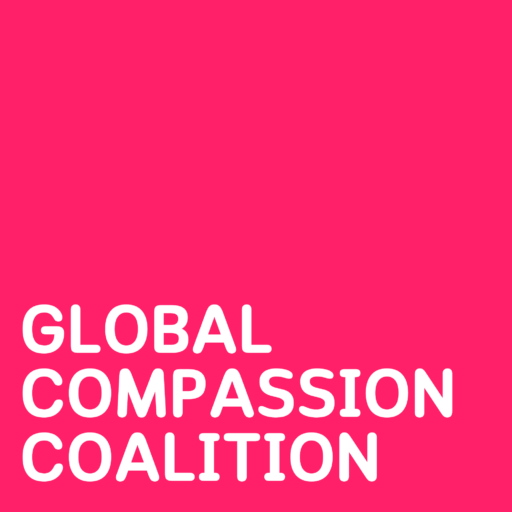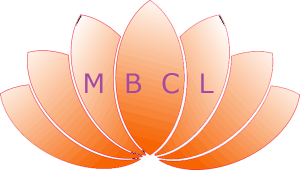Training for individuals
For existing training courses you can use the registration form to register. You can also contact us if you are interested in these training courses registration form Express. If there is sufficient interest in a training that is not currently planned, dates will be determined and you will receive further information for your registration.
Training offer
- Deepening Mindful Communication / Interpersonal Mindfulness (English spoken) Online
- Calm meditation to develop calmness and concentration from which clarity, wisdom, and creativity can arise.
- Various meditations to increase our body awareness, helping with further stress reduction and connecting with others.
- Kindness meditation to become more gentle and friendly towards ourselves and others.
- Yoga nidra (sleep yoga) to tap into the subconscious and reflect on your values and probably also Yin yoga, an accessible form of yoga that helps relax the entire body/mind system
- Value-based meditation to give more direction to our lives and live more in line with our values.
- Introduction Workshop Interpersonal Mindfulness / Mindful Communication
- The Genogram in Family Mediation
- 1 half day
- Dates: depending on registration, in mutual consultation
- Location: TBD
- €250 Special rates apply for in-company group training
- GRACE – The power of compassionate action
- Gathering Attention,
- Recalling Intention (recognizing our intention),
- Attune to Self and Other,
- Consider what will serve,
- Engage and End (providing help and closing).
- Have you become acquainted with the concepts? altruism, empathy, integrity, respect and commitment in relation to compassionate action.
- Have you learned to apply these concepts during your practice?
- Have you gained insight into the “tipping points” that do not always make applying them easy or possible?
- As a participant, have you found your own way to use the GRACE process as a frame of reference in your own life and/or your own professional practice?
- Are you more aware of the possibilities and limitations that are inextricably linked to being human?
- Mindfulness Attention & Insight Training MBSR/MBCT
- Mindfulness Based Compassionate Living (MBCL)
- More warmth, security, acceptance and connection with yourself and with others
- Insight into the value of (self) compassion
- Being better able to deal with worries and stress
- Insight into the principles that play a role in the practice of compassion
- Insight into the principles that play a role in the practice of compassion
- Validating pain and suffering;
- How our brain and organism evolved to survive;
- Insight into the three emotion regulation systems;
- How the emotion regulation systems can become unbalanced by influences from the outside, but also from the inside, for example by shame, self-criticism and “the inner bully”;
- How mental images can affect emotion regulation systems and how training in compassion can help restore balance;
- A fourth response to stress; tend and befriend, next to fight, flight, freeze;
- Three antidotes to severe self-criticism, self-isolation and over-identification: respectively self-kindness, common humanity & mindfulness;
- Developing the compassion mode through exercises in compassionate motivation, paying attention, feeling, reasoning, imagining, speaking and acting;
- The cultivation of compassion as one of the four self-transcending qualities: kindness, compassion, (fellow) joy and inner balance.
- Hold me
- Emotions in love and connection / bonding;
- Recognizing (destructive) patterns within relationships;
- Looking up and finding the sore spots of the past;
- Building a safe base to discuss difficult things.
Discover methods for staying present with others while remaining centered in yourself, respecting the needs of others while honoring your own, and asserting yourself with both kindness and confidence.
Do you have a desire to further develop with mindful attention? Do you want to learn to apply mindfulness in your life? Do you want to learn to be mindful in your interactions with others?
In the Interpersonal Mindfulness training, you deepen your mindful attention practice and expand your skills to include interactions with others. There is a focus on authenticity and deepening connections.
The training consists of four pillars:
1. Deepening and broadening your mindfulness skills;
2. Bringing mindfulness into communication;
3. Increasing and deepening your body awareness (interoception);
4. Strengthening your calming system.
Over 5 sessions, your toolbox will be expanded with, among other things:
Mindful communication
We explore how, through practical communication guidelines, we can deepen and improve the relationship with ourselves and others step by step. We will do this through various (interactive) exercises, shedding light on different perspectives each week. Topics include attentive listening, mindful speaking, conscious responding, and communicating in conflict situations. We examine our own roles and states of mind in connection and how we can communicate more in line with our needs.
As a result, communication becomes more compassionate, sincere, and engaging. Life may become lighter, and our connections with others more pleasant and aligned. The exercises draw from existing methods such as interpersonal mindfulness, nonviolent communication, and deep listening.
Neuroception, Compassion Focused and Polyvagal Theory
We delve deeper into the workings of the brain in relation to stress and learn about our emotion regulation and motivation systems, which largely determine our behavior and well-being. We discover how various elements of mindfulness and mindful communication contribute to balancing these systems, helping us be more relaxed and present, both with ourselves and with others.
We train our parasympathetic nervous system, the part of the nervous system associated with calmness. In addition to theory, we will of course practice with it. This way, we work on increasing our inner calm and our ability to activate the calming system.
Practical information:
The training consists of 6 online sessions Friday evenings in spring from 7-9.30 pm
Dates: 18, 25 of April and 02, 09, 16 and 30 of May 2025
Online with zoom for the special price of 275 euros, including a workbook and audio files.
In case of subscription before the 1st of April you'll receive a discount of 10%.
Hope you'll join me in Spring 2025 – 7 pm online!
Introduction workshop Interpersonal Mindfulness / Mindful Communication
Have you followed mindfulness training?
* Do you need to develop further with mindfulness?
* Do you want to learn to apply mindfulness in your life?
* Do you want to learn to be mindful in contact with others?
During the workshop we will discuss:
* Calm meditation from which clarity, wisdom and creativity can arise;
* Kindness meditation with which you become kinder to yourself and others;
* Meditations with which we increase our body awareness. This helps us with stress reduction and in contact with others;
* Interpersonal meditation to give more direction to our contacts and of course
* Lots of practice!
Background:
Communicate mindfully
We investigate how we can deepen and, where possible, improve the relationship with ourselves and others using practical communication guidelines. We do this step by step. We will do various (interactive) exercises for this.
In the two half-days we highlight various perspectives. This includes: listening attentively, speaking mindfully, and responding consciously.
This makes communication more compassionate, sincere and deeper. The exercises come from existing methods such as Interpersonal Mindfulness, Deep Listening, Insight Dialogue and Compassionate Listening.
Mindfulness and the brain
We delve deeper into how the brain works in relation to stress and get to know our emotion regulation and motivation systems better, from which much of our behavior is controlled and our well-being is determined. We discover how different elements of mindfulness and mindful communication contribute to bringing these systems into greater balance. This helps us to be more relaxed, both in contact with ourselves and in contact with others. We train our parasympathetic, the part of the nervous system that deals with calmness. In addition to theory, we will of course practice it.
In short, a very full day!
Practical data:
This introductory workshop includes a workbook, audio files and refreshments during the training.
Saturday May 3, 2025 from 10:00 AM to 5:00 PM in Son en Breugel.
If you are interested and want to participate: register via the registration form.
Feel very welcome!
The genogram is a graphic representation of a family system in the broadest sense of the word. Often the genogram makes possible the first step in a process whereby people become more aware of the relations and relationships within their own family and the family history. The genogram is used in therapy, in mediation, coaching and is also applied to clarify structures and mutual relationships within organizations.
The workshop “The genogram in Family Mediation” specifically focuses on the role of the genogram in the Mediation process.
The workshop is designed for family lawyers, mediators and systemic workers, but is certainly also interesting and enriching for anyone interested in family and family relationships. Offered in three languages, if desired.
The power of compassionate action;
in contact with yourself and others
Commitment and compassion without burnout. Joan Halifax's GRACE methodology
What you will learn
In this two-day training you will learn to interact with others in a committed and compassionate manner through active contemplation practice. GRACE stands for:
The methodology was developed by Joan Halifax, anthropologist, pioneer in the field of palliative care, dharma teacher, Zen priest and founder of the Upaya Institute in Santa Fe, based on research in social and neuropsychology. She wrote the book “Tipping Points” about this.
During the training you increase your ability to interact compassionately with others without losing care for yourself. Because in everyday life our involvement with others often threatens to become too much for ourselves. Whether we are doctors, teachers, social workers, therapists, managers or informal caregivers, or simply in our everyday human contact.
At the end of this two-day:
The program
This training offers the program of the GRACE methodology. We discuss the background of the concept of compassion and we go through the five steps of the GRACE process. This way you can also learn the qualities and skills that enable you to be involved with others with an open heart without always becoming overwhelmed or burned out.
In addition to theoretical explanations, we practice the skills in an experience-oriented and interactive way. We use meditation and reflection to deepen the experiences. Naturally, we pay attention to how you can practically apply this method in work and daily life.
Whether compassion is deeply rooted in our biology or arises from our conscience, whether it is instinctive, intentional or socially prescribed, we know from scientific research that it increases the well-being of those who receive compassion and is even beneficial for people who merely witness an act of compassion. Compassion is one of those experiences that moves the human heart, whether we give it, receive it or observe it.
For whom
This training is for all people who work with people, and anyone who feels involved with others, but sometimes struggles with the feeling that this takes too much energy.
Some experience with meditation is desirable, for example through the 8-week mindfulness training or in another way.
Date and location
Dates:
Weekend on request
Location:
Eindhoven; former chapel in Health Center Plus, 15 minutes on foot from Central Station
Price: €485,00
Inclusive:
'Tippling points' by Joan Halifax, workbook, audio files, lunch, coffee, tea, water, refreshments during the day (excluding: overnight stay and dinner) If desired, a list of overnight accommodations / hotels will be sent upon registration.
Trainer
Birgitte MJ Beelen
Mindfulness & Compassion Trainer VMBN – Cat. 1
Mental Health Psychologist / Supervisor & Learning Therapist NVRG
EMDR Practitioner Europe Cross Border Mediator EU
You can download the full brochure of this training here to download.
By paying attention to what is happening now, you learn to be really present and to open up more. Through mindfulness training you develop judgment-free attention, a milder way of looking at what is there, without judging and you gain insight into your own patterns. Mindfulness is very suitable for people with physical complaints, stress or symptoms of burnout, people who worry, or people with a tendency to gloom. The training is also suitable for people without complaints, who are interested in mindfulness, in being able to stand less judgmental and judgmental in life.
Not only does this method help you deal with difficulties in a relaxed way and worry less, it also helps you to be more open and enjoy life more.
Information about this training can be found in the brochure.
Why (self) compassion?
Training in (self) compassion creates:
Program
Like the mindfulness training, the compassion training (MBCL) consists of eight meetings and a day of silence. Exercise also receives a lot of attention in this training and the exercises offered offer the opportunity to experience more warmth, security, acceptance and connection with yourself and others. You are also expected to practice at home, approximately 30-45 minutes a day. For this you will receive a workbook and the necessary audio files.
The compassion training includes the following:
The compassion training, which is officially called Mindfulness-Based Compassionate Living (MBCL), is based on a scientifically substantiated vision of the importance of (self) compassion and inspired by, among others, the work of Paul Gilbert (The Compassionate Mind, Constable 2009), Christopher Germer (The Mindful Path to Self-Compassion, Guilford 2009) Rick Hanson (Buddha's brain, Ten Have, 2012) and Kristin Neff (Self-compassion, De Bezige Bij, 2011). The MBCL training was developed by Erik van den Brink and Frits Koster. I rejoice that I was trained by them as a compassion trainer.
You can download the full brochure for this course here to download.
For whom?
The MBCL is intended for people who have experienced that mindfulness practice or meditation brings them something positive. For people who may have difficulty integrating the practice into daily life and/or who want to develop a gentle attitude towards themselves. The MBCL is best to follow if you have previously followed a mindfulness training (MBSR/MBCT), but experience with other forms of meditation is also fine. The MBCL can also be a suitable choice for you in case of chronic health problems or a difficult time and the desire to continue to take good care of yourself.
We work in groups of a minimum of 10 and a maximum of 16 participants.
Next training:
Fall 2025 (October 28, 2025 – December 16, 2025)
8 Tuesday evenings from 7:00 PM - 9:30 PM in Son en Breugel
Be welcome!
Location
Son and Breugel
Did you expect more from your relationship or is your relationship not going well?
Do you want to improve or deepen the relationship?
Do you want to find each other again? Learn to communicate better, from real contact and listening to each other?
Want to feel more heard?
This is possible with the “Hold Me Tight” program (a training aimed at (re)connecting with your partner).
“Hold Me Tight” is a light form of EFT (Emotionally Focused Therapy).
Like EFT, “Hold Me” works from emotions.
The "Hold Me Tight" program has a fixed structure and is based on the book of the same name by Sue Johnson.
Topics are:
During the meetings, video material, exercises and homework assignments are used.
Have conversations and practice together in a group with a number of other couples and individually with your own partner.
You get to work very practically with your partner!
For more information, see here brochure.
The next training will take place in the autumn of 2025 in the Eindhoven region.
Interested? Welcome!
You can register here:
Downloads
Introduction Workshop Interpersonal Mindfulness / Mindful Communication
Mindfulness & Compassion in Clinical Practice
Mindfulness Attention & Insight Training MBSR/MBCT
Mindfulness Based Compassionate Living (MBCL)
Register for the training
Private
Testimonials
Private
Professional associations
Birgitte is a member of the following professional associations and networks.
Newsletter
Do you want to stay informed of the latest news? Sign up for the 3-monthly newsletter by email!



